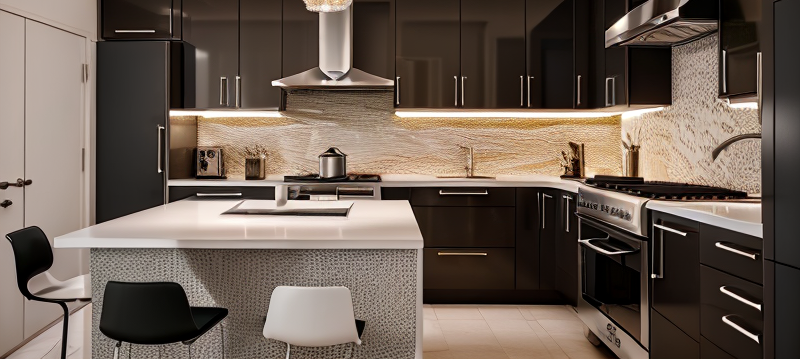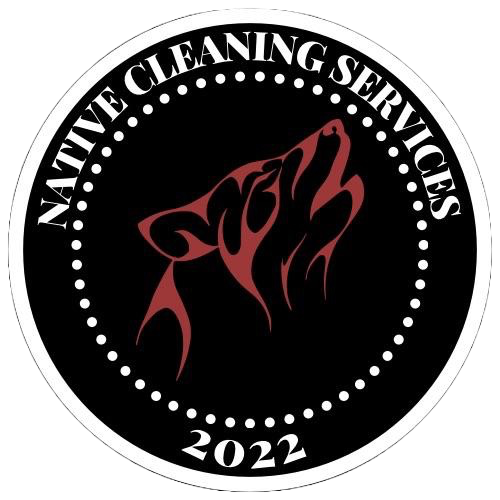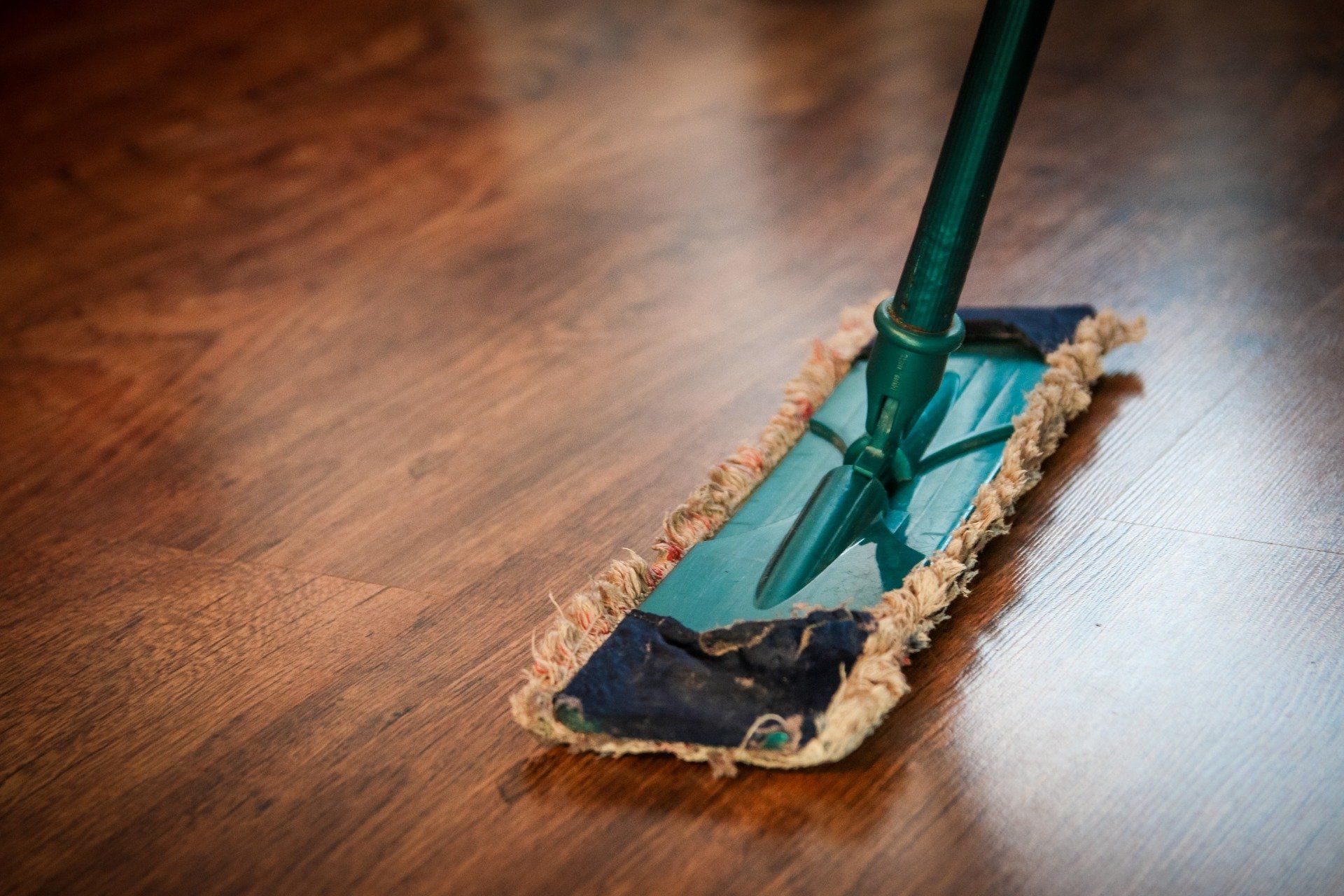How to Clean Without Damaging Surfaces
How to Clean Without Damaging Surfaces

Cleaning – a mundane chore that we all must endure, but do we truly grasp the art of cleaning without causing havoc on our beloved surfaces? As someone who has faced the aftermath of harsh cleaning methods, I've come to appreciate the delicate dance required to maintain cleanliness without leaving a trail of destruction in its wake.
One crucial aspect to consider is the type of surface you're dealing with. Each surface has its unique personality and requires a tailored approach. For instance, granite countertops demand a gentle touch, while stainless steel appliances thrive on a delicate balance between cleanliness and care. To clean without damaging surfaces is to understand and respect the individuality of each material.
All Natural Cleaning Agents
| Natural Cleaning Agent | How it Works |
|---|---|
| Vinegar | Acetic acid in vinegar acts as a disinfectant, breaking down grime and dissolving mineral deposits. It also helps neutralize odors. |
| Baking Soda | Acts as a gentle abrasive, effectively scouring surfaces. It also has deodorizing properties, absorbing and neutralizing unpleasant odors. |
| Lemon Juice | The acidity of lemon juice makes it an excellent degreaser. It also has antibacterial properties and leaves behind a fresh, citrusy scent. |
| Olive Oil | Mix with lemon juice or vinegar to create a natural furniture polish. The oil nourishes wood surfaces, leaving them shiny and rejuvenated. |
| Castile Soap | A plant-based soap that is gentle yet effective in cutting through grease and grime. It's versatile and safe for various surfaces, including floors and countertops. |
| Essential Oils | Tea tree, lavender, and eucalyptus oils have antimicrobial properties. Add them to your cleaning mix for a pleasant scent and an extra layer of germ-fighting power. |
| Cornstarch | Acts as a natural polishing agent for furniture and glass surfaces. It helps remove stains and leaves surfaces shining without scratching. |
| Salt | Used as an abrasive cleaner, especially for scrubbing stubborn stains. It adds a gritty texture without causing damage to surfaces like harsh chemical abrasives. |

How to Safely Sanitize Surfaces at Home
Let's start with the basics: abrasive scouring pads and harsh chemicals. It's tempting to unleash these mighty warriors on stubborn stains, but trust me, it's a recipe for disaster. Take a moment to empathize with your surfaces. Would you like to be scrubbed with a harsh scouring pad every time you got a little dirty? I doubt it. Instead, opt for soft microfiber cloths or sponges to caress away the grime, showing your surfaces a little tenderness.
Now, let's talk about the notorious cleaning agents. Harsh chemicals might promise quick results, but at what cost? The toll on surfaces is often irreversible, leaving them dull, faded, or etched. Instead, embrace the power of natural alternatives like vinegar, baking soda, and lemon. These eco-friendly options not only cleanse effectively, but also exhibit a kindness to surfaces that harsh chemicals simply cannot muster.
Cleaning Frequency
Consider the frequency of your cleaning routine. Just like our skin, surfaces need time to breathe. Overcleaning can be just as damaging as neglect. Be empathetic – give your surfaces the space they need to age gracefully. A light, consistent touch is often more beneficial than a heavy-handed, overzealous cleaning spree.
Temperature matters. Extreme temperatures can be brutal on surfaces, causing them to expand or contract, leading to cracks or warping. Picture this: you wouldn't toss your favorite sweater into boiling water, would you? Apply the same logic to your surfaces. Use lukewarm water when cleaning, and watch as your surfaces thank you for sparing them from temperature-induced trauma.
In the realm of cleaning, prevention is the best cure. Invest in quality doormats and encourage a shoes-off policy to prevent abrasive dirt from infiltrating your living space. The less dirt your surfaces encounter, the less aggressive cleaning they'll require.
Cleaning without damaging surfaces is an art form that demands finesse, empathy, and a dash of common sense. Treat your surfaces with the same consideration you'd want for yourself, and they'll reward you with a lasting, radiant glow. In the world of cleaning, it's not about overpowering, but about understanding and embracing the subtleties that make each surface unique. Master the art, and your home will thank you for it.



